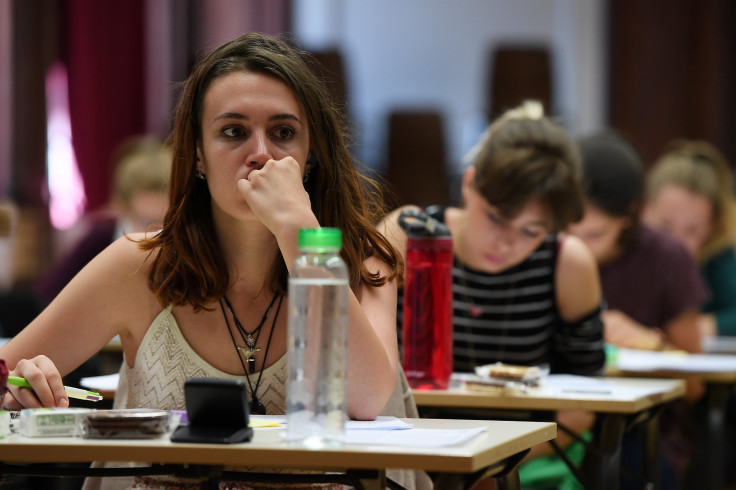High School Popularity Could Lead To Unhappiness Later In Life, Study Says

Adolescent popularity isn't all it's cracked up to be. It can predict future mental and emotional health issues later in life, according to new research cited by ABC News. The study found that adolescent participants who prioritized popularity did not fare as well throughout the study's duration.
Teens who developed meaningful, quality friendships in high school experienced improvements in mental health over time, researchers reported in the study "Close Friendship Strength and Broader Peer Group Desirability as Differential Predictors of Adult Mental Health." The study was published Monday and aimed to explore the possibility of developing closer bonds as a "more fundamental developmental task."
Rachel Narr, a graduate student at the UVA who led the study, spoke with International Business Times Wednesday about the study's findings. Narr's research in clinical psychology broadly focuses on close relationships developed during adolescent years.
"Peer relationships are such a major part of life for adolescents, and there are so many different types of peer relationships," Narr told IBT. "I was interested in looking at the different functions those might have for mental health long-term. Both popularity and close friendship have some possible merits at age 15 as far as helping teens feel better about themselves, and past work has suggested that both have some value — but we don't know as much about which has a lasting positive impact into adulthood."
Narr pointed out that the adolescent years are designated for the exploration of bonds outside of familial relationships, which will likely have a "lasting impact" on how they establish relationships — both platonic and romantic — in their adult years.
"Adolescents are starting to experiment with and rely on extra-familial relationships in a way that children really don't, and in a way that is really the precursor to adult friendships and romantic relationships," Narr continued. "The really [long] lasting types of relationships and the ones that may have a lasting impact on how you feel about yourself are the ones built on trust and attachment."
The study's researchers found that teens who cultivated closer friendships in high school had better psychological health, psychosocial adjustment and stress management abilities. Study participants who didn't prioritize their social standing also confirmed higher rates of happiness.
"Close friendship strength in mid-adolescence predicted relative increases in self-worth and decreases in anxiety and depressive symptoms by early adulthood," the study's abstract read. "Affiliation preference by the broader peer group, in contrast, predicted higher social anxiety by early adulthood."
Researchers at the University of Virginia (UVA) evaluated 169 students from the same high school over a 10-year time span. The high schoolers were 15 years old at the study's beginning and belonged to various racial and economic backgrounds.
The researchers conducted interviews with study participants to determine their thoughts on social anxiety, self-worth and other relevant social factors.
The study says found that "close dyadic friendships, but not peer acceptance and competence at the group level, have been linked to more advanced ego development (self-awareness, ability to make sense of the world, etc.) for youth."
There were anomalies, as some teenagers were able to maintain some level of popularity alongside close friendships. However, researchers found that this social classification possessed different personal characteristics and had maintained different goals. This social classification didn't predict short-term mental health effects in high school, but the changes took effect during their young adult years.
"Experiential learning is really the most powerful kind of learning," Narr told IBT, "so having the experience of a close and trusting relationship is likely to be more meaningful than just having status or being liked by others, without really having the closeness that a strong best friendship affords someone."
Follow me on Twitter @dory_jackson
© Copyright IBTimes 2025. All rights reserved.






















